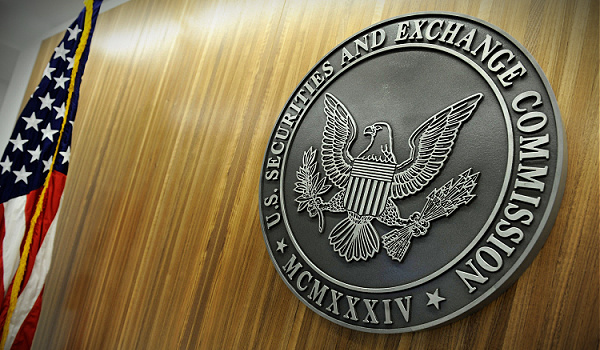By Amy Kadomatsu
While the “Rule of Three” isn’t enshrined in any regulatory code or compliance protocol, it is a fitting construct for discussions of regtech in the private equity space today.
Without question, the private equity space comes with a highly dynamic regulatory and legal environment, and this drives the kinds of technology solutions needed to address a constantly changing ecosystem.
For this inaugural column on private equity regtech, I’d like to spotlight three major issues which will dominate regulatory compliance for the remainder of 2022 – And private equity firms should take heed!
SEC Marketing Rule – Beware of Falling Afoul of New Rules
The marketing landscape was vastly different in 1961 when the Securities and Exchange Commission (SEC) added advertising rules to its Investment Advisers Act. Since then, the regulatory agency created a patchwork of amendments to govern how the financial services industry could use advertisements, testimonials, endorsements and third-party ratings in marketing communications.
All of this changed in 2021 when the SEC approved a long-awaited overhaul to modernize the Investment Advisers Act. The expanded marketing permissions can be a boon for marketing outreach, but a burden for compliance teams who don’t want to run afoul of the new rules.
Although the industry was given until Nov. 4, 2022, to comply, not everyone is ready. A ComplySci survey recently found only 16% of industry compliance professionals had adopted protocols to accommodate the new rules, while another 37% were in the process of establishing a plan.
With six months left to develop and implement compliance review programs, it is imperative compliance teams understand the new regulations and have protocols in place to ease the approval process for marketing materials.
Is Your Data Easily Accessible?
Compiling compliance information for your organization is an onerous task.
It’s also likely to become even more demanding after the SEC’s Nov. 4 enforcement date for marketing materials. Compliance professionals are bracing for more frequent data requests as regulators research whether financial firms are following the new advertising and endorsement rules.
The greatest challenge will be establishing programs and protocols, while efficiently and accurately creating an audit trail of records to mitigate potential risk. That’s why automated, searchable programs are key to delivering the data necessary to mitigate potential risks and impacts of any regulatory actions.
Compliance and Cryptocurrency
Who isn’t talking about crypto right now? How the current crypto market volatility will play out remains to be seen, but the urgency for more effective regtech solutions continues to intensify.
The data certainly validates this: Only 53% of compliance professionals we surveyed in August said monitoring cryptocurrency activity among teams would be a future priority. But by November, that number had ballooned to 83%.
Firms, however, have not moved quickly to establish protocols and rules. ComplySci’s research in January 2022 found only 30% of investment firms required employees to certify cryptocurrency accounts and wallets. Even fewer — 21% of firms — required employees to pre-clear any cryptocurrency trading.
There are no proposed cryptocurrency regulations before lawmakers, yet. Developing clear policies and technological infrastructure to support digital assets and cryptocurrency will be critical for firms who want to capitalize on this space. It also puts firms ahead of any potential regulations and provides flexibility to modify and adjust compliance programs when rules are enacted.
Towards the Future
New marketing rules, SEC enforcement and uncertainty around digital assets will undoubtedly drive significant conversation within the private equity sector for the remainder of the year, and we can’t rule out anything else which may surface.
The rapid speed of technological innovation runs counter to the deliberative regulatory process but finding the right balance to enhance firms’ ability to navigate these changes can and will improve the way the market functions.
Amy Kadomatsu is CEO of ComplySci, the provider of regulatory technology and compliance for private equity firms and other financial services enterprises







